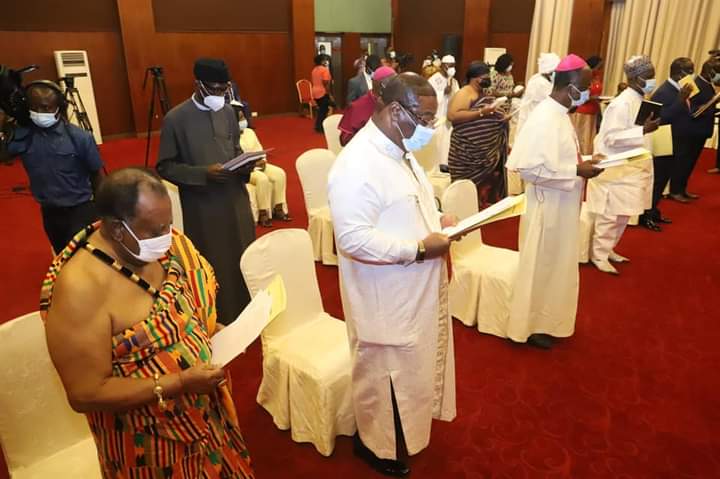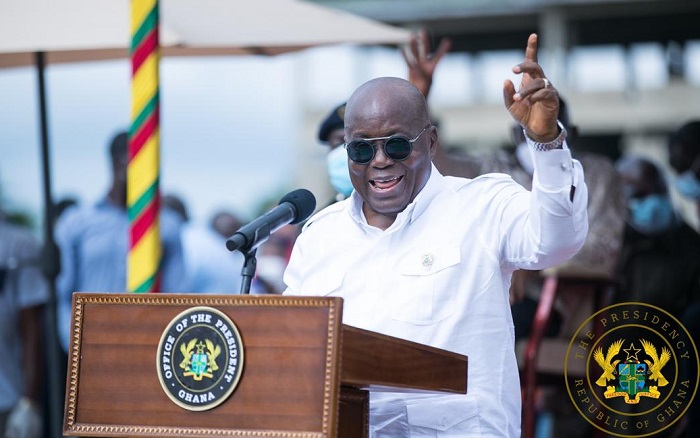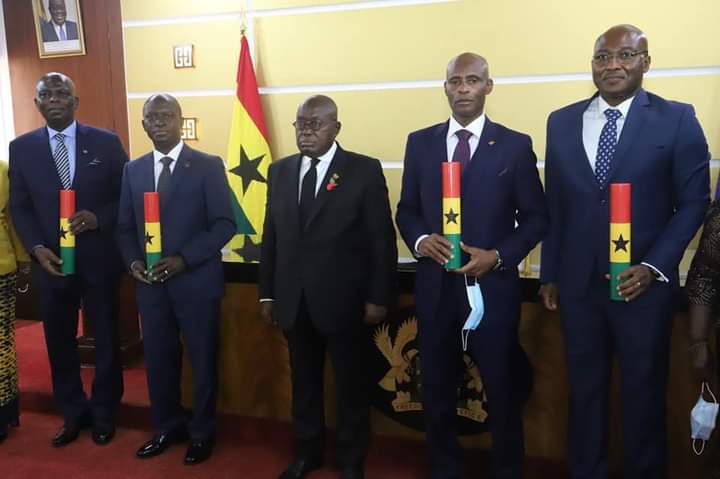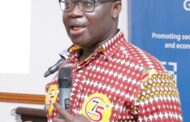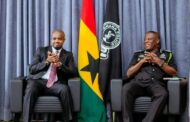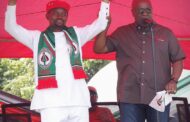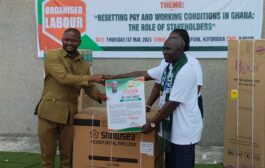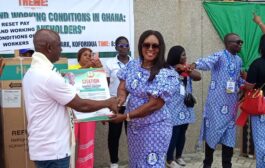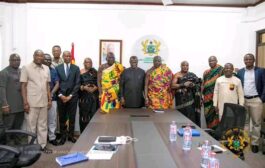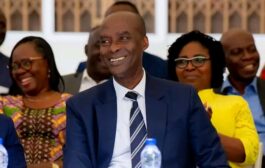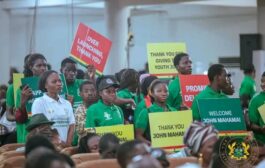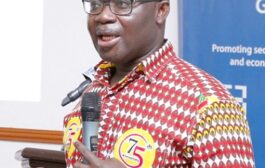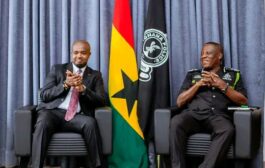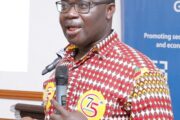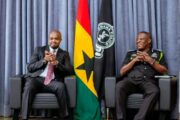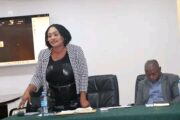President Akufo-Addo has charged the newly constituted governing board of the National Peace Council, to employ appropriate strategies that will help in maintaining the peace and stability of the nation during, before, and after the December 7th Presidential and Parliamentary elections.
Addressing the fifteen (15) member council after administering the oaths of office and secrecy to them at the Jubilee House today 10th of November 2020, President Akufo-Addo said, “The National Peace Council has become a point of reference for addressing various conflict situations in Ghana and particularly election-related conflicts.
“So I charge you, members of the newly constituted board to continue the good work done by your predecessors and employ the most appropriate strategies that will continue to contribute to sustaining the peace beyond the 2020 elections. You are a distinguished and eminent group of Ghanaians who the nation expects to be up to the task,” President Akufo-Addo said.
Commitment to Peaceful Election
The President further indicated that on his part, he wishes to bring to the attention of the board and the entire nation that a wholehearted effort is being made by himself and his government to ensure the peace and stability of the nation as it enters the last four weeks of the 2020 electioneering campaign.
“Ghana has rightly earned her reputation as the pacesetter of democratic governance on the continent, a reputation I am determined to uphold and indeed, enhance before, during, and after the 7th December elections,” President Akufo-Addo stated.
Minister of State, Interior
Minister of State, at the Interior Ministry, Bryan Acheampong, in his remarks, observed that the National Peace Council in collaboration with the Centre for Democratic Development (CDD Ghana) has established twenty-three (23) mediation committees ahead of the 7th December elections to intervene in conflicts that may arise before, during and after the election.
“The Peace Council has also in partnership with the West African Network for Peace Building, set up a national election early warning and response group to facilitate early resolution of electoral disputes ahead of the December election,” Bryan Acheampong said.
The response of Board Member
In a response on behalf of his colleague governing board members, Rev. Dr. Ernest Adu-Gyamfi, the Executive President of the Ghana Baptist Convention, assured the President and the people of Ghana that the board will do the best it can to maintain the peace of the country.
He registered the thanks of the Council to the President for providing an office complex to the council from where it can execute its mandate. He added that the Council was also grateful for the release of its subvention in the year under review which has made its work easy.
“On behalf of all the eminent members, we pledge to accept the responsibility to serve our country,” Rev. Dr. Ernest Adu-Gyamfi said.
Members of the Governing Board
The members of the governing board of the National Peace Council are Rev Prof Paul Frimpong-Manso, representing the Ghana Pentecostal and Charismatic Council, Dr. Samuel K.B Asante and Nana Susubribi Krobea Asante (Asokorehene), from the National House of Chiefs, and Alhaji Maulvi Mohammed Bin Salih, Ahmadiyya Muslim Mission, Ghana.
Others are Rev Father Emmanuel Fianu, SVD, Catholic Bishops Conference, Archbishop Nicholas Duncan-Williams, National Council for Christian and Charismatic Churches, Rev Dr. Ernest Adu-Gyamfi, Christian Council, and Numo Blafo Akotia Omatsu III representing the Practitioners of African Traditional Religion
The remaining are Nana Agykoma Difie II (Mamponghemaa), the President’s nominee, Rev Col John Kwamina Otoo (Rtd), President’s nominee, Sheikh Armiyawo Shaibu, Tijaaniya Muslim Group, Skikh Salman Mohammed Alhassan, Al-sunnah Muslim Mission, Joana Adzoa Opare, Magdalene Kannae and George Amoh, Executive Secretary National Peace Council.
The National Peace Council
The National Peace Council (NPC) is an independent statutory national peace institution established by the eight hundred and eighteenth (818) Act of the Parliament of the Republic of Ghana, named The National Peace Council Act, 2011. Thus any activity undertaken by the Council must be derived from its mandate under Act 818.
The core function of the Council is to prevent, manage, and resolve conflict and to build sustainable peace. With the passing of Act 818, NPC became operational in 2011. Its establishment abolished the previous peace strategy of National, Regional, and District Security Councils that established Regional Peace Advisory Councils (RPACs) and District Peace Advisory Councils (DPACs).
The National Peace Council’s vision is to have a country characterized by a dynamic environment where people can engage in their lawful activities confident that the institutions, mechanisms, and capacities for mediating differences and grievance are effective and responsive.
Its mission is essentially to facilitate the development of mechanisms for cooperation among all relevant stakeholders in peace building in Ghana by promoting cooperative problem solving to conflicts and by institutionalizing the processes of response to conflicts to produce outcomes that lead to conflict transformation, social, political, and religious reconciliation and transformative dialogues.
Source: Mybrytfmonline.com



